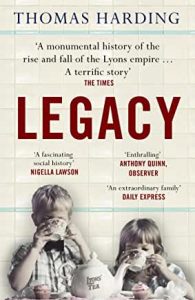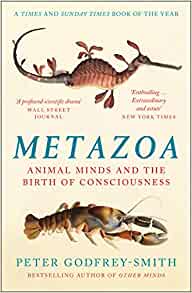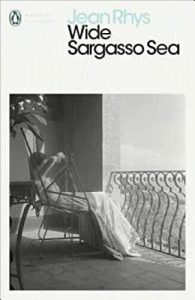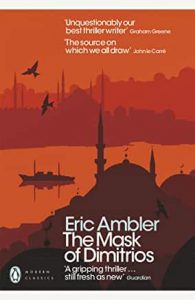It’s been the holidays, and I was part way through two books before we even left to go to the West Wales seaside. So this is a bit of a round-up.
One of these was The Party and The People: Chinese Politics in the 21st Century by Bruce Dickson. For someone like me who knows so little – reading a bit, two trips to Beijing – this is a wonderfully informative book. There is a lot about the institutions and processes of government, including the importance of the regions, and post-Mao developments in politics. Each chapter addresses a question – for example, How are Leaders Chosen? Does China have a Civil Society? – with a mild inclination to debunk received wisdom (such as the trope that China is becoming more nationalistic over time – it is one of the most nationalistic countries along with the US but if anything that is diminishing over time). There’s very little on the economy, the focus is entirely politics. I took away two messages: the over-riding concern of the Communist Party with social stability and its own role; and the fact that Xi Jinping may have destabilised an unusually stable regime by undoing the system that was in place to limit leaders’ terms and have an orderly succession. Highly recommended. My sense is that even real China experts would find this interesting.
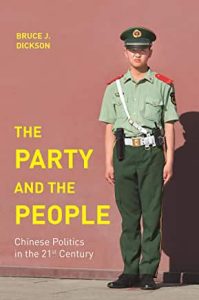 I’ve also re-read after many years Scott Lash and John Urry’s Economies of Signs and Space (1994), which I first read in 1997, just as my first book The Weightless World was published. They cover (from the sociological perspective) exactly the same territory as my book and I must say I think we were all equally prescient about the kinds of changes being brought about by digital technology and the subsequent structural changes. One way in which they were far ahead of me though was identifying the importance of environmental pressures – I’d forgotten it was in there. Another difference between them and me is in their conversation with the literature on post-Fordism, emphasising changes in consumption rather than production; economists are generally not all that familiar with that literature. Anyway, I went back to it because I have the honour of giving this year’s Urry Lecture at Lancaster University in late October.
I’ve also re-read after many years Scott Lash and John Urry’s Economies of Signs and Space (1994), which I first read in 1997, just as my first book The Weightless World was published. They cover (from the sociological perspective) exactly the same territory as my book and I must say I think we were all equally prescient about the kinds of changes being brought about by digital technology and the subsequent structural changes. One way in which they were far ahead of me though was identifying the importance of environmental pressures – I’d forgotten it was in there. Another difference between them and me is in their conversation with the literature on post-Fordism, emphasising changes in consumption rather than production; economists are generally not all that familiar with that literature. Anyway, I went back to it because I have the honour of giving this year’s Urry Lecture at Lancaster University in late October.
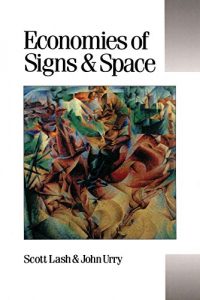 Other holiday reads: Peter Godfrey-Smith’s Metazoa, an absorbing account of what other creatures can feel and think (who knew fish can distinguish blues and classical music); Jean Rhys’s brilliant Wide Sargasso Sea; Eric Ambler’s Mask of Dimitrios with the frisson of the mood of the late 1930s and that sense of inevitable upheaval on the horizon; Legacy by Thomas Harding – a history of the Lyons commercial empire from a single immigrant entrepreneur in the late 19th century to one of the UK’s biggest food producers and retailers which en passant invented the LEO computer and was then broken up by the late 20th century.
Other holiday reads: Peter Godfrey-Smith’s Metazoa, an absorbing account of what other creatures can feel and think (who knew fish can distinguish blues and classical music); Jean Rhys’s brilliant Wide Sargasso Sea; Eric Ambler’s Mask of Dimitrios with the frisson of the mood of the late 1930s and that sense of inevitable upheaval on the horizon; Legacy by Thomas Harding – a history of the Lyons commercial empire from a single immigrant entrepreneur in the late 19th century to one of the UK’s biggest food producers and retailers which en passant invented the LEO computer and was then broken up by the late 20th century.

